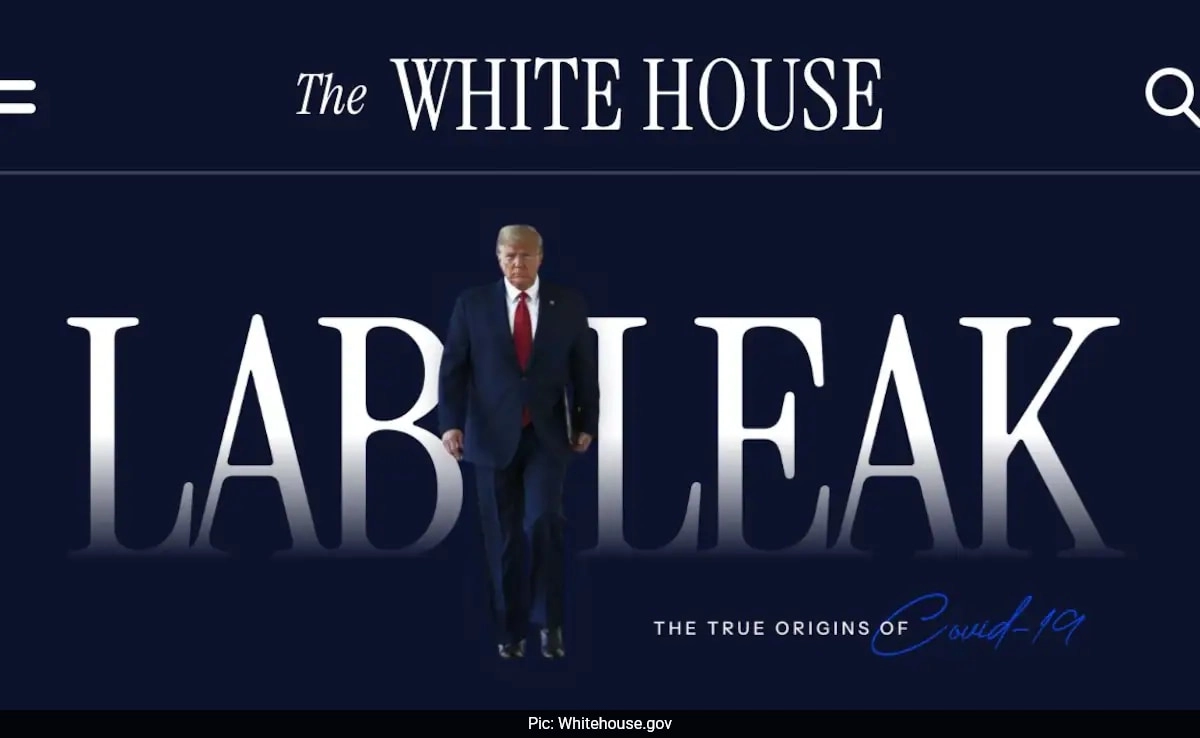The recent remarks made by former U.S. President Donald Trump about Pakistan’s Prime Minister Shehbaz Sharif have sparked a wave of criticism across social media platforms. Many users have taken to the internet to voice their discontent, labeling Sharif as a “puppet” in the political theater orchestrated by external powers. Trump’s flattery towards Sharif, described by some as patronizing, has only intensified the backlash, with netizens questioning the integrity and independence of Pakistan’s leadership.
Critics argue that such flattering remarks from a foreign leader can undermine the sovereignty of a nation and reduce its leaders to mere figures in a larger geopolitical game. The term “puppets” has been widely used in various tweets and posts, highlighting a perception that Sharif’s government may be overly influenced by external forces. This sentiment resonates particularly in a country where political autonomy is a cherished value, and any hint of subservience to foreign interests can provoke public outrage.
The situation is further compounded by the historical context of U.S.-Pakistan relations, which have often been characterized by a mix of cooperation and tension. Many social media users have drawn parallels between past leaders who have similarly been accused of aligning too closely with American interests, suggesting that the cycle of dependency continues. The flurry of online reactions serves as a reminder of the delicate balance that leaders must maintain when engaging with powerful nations while striving to uphold their own country’s dignity and independence.
As the debate unfolds, the implications of Trump’s comments may extend beyond social media, potentially influencing public perception and political discourse within Pakistan. The backlash against Sharif is not just about one comment; it reflects deeper frustrations regarding governance, accountability, and the perceived erosion of national sovereignty. In an era where political leaders are under constant scrutiny, the ability to navigate foreign relations without compromising domestic integrity remains a critical challenge.




